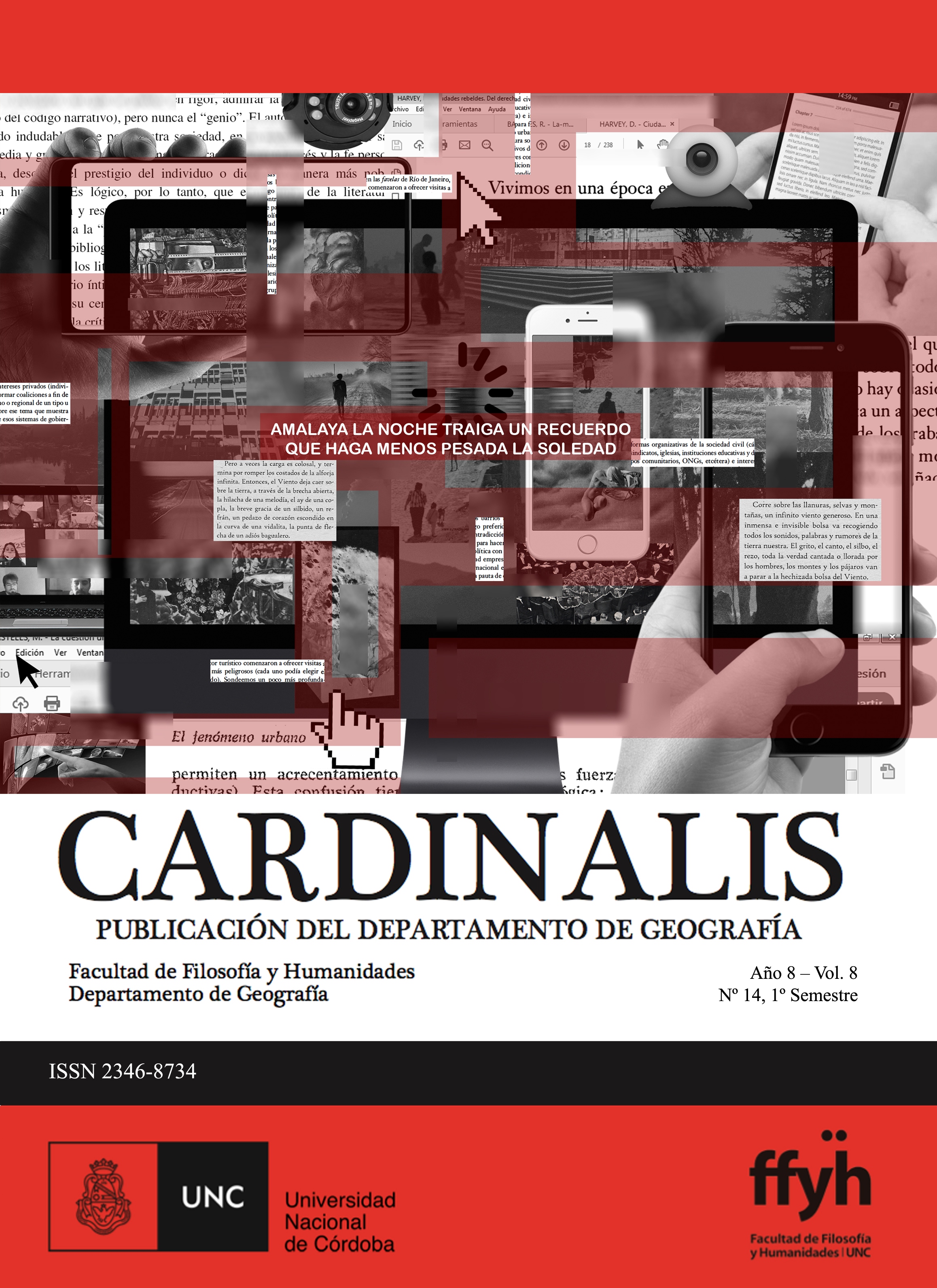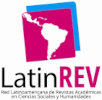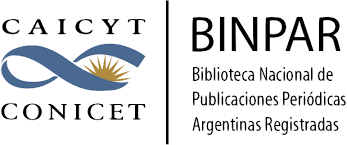Flexibility of urban planning instruments. A reflection of the transition process of urban planning in Mexico
Abstract
This article characterizes the transition process of urban planning in Mexico from the comparison of zoning with other urban planning instruments, such as: transfer of potentiality, action polygons and action systems. To this end, a detailed study of the regulatory framework and operating programs is carried out, as well as interviews with officials of the Ministry of Urban Development and Housing (SEDUVI) and interviews with real estate investment advisors who operate in Mexico City. The deregulation of the urban planning, intensified since 2015, has sought to move away from its dependence on the trajectory and to make more flexible the urban planning instruments so that, through specific projects in areas and polygons of the city, it is possible to increase the capture of Differential Primary Rents type 2 and Monopoly Rents of Segregation.
Downloads
Downloads
Published
Issue
Section
License

This work is licensed under a Creative Commons Attribution-NonCommercial-ShareAlike 4.0 International License.
Aquellos autores/as que tengan publicaciones con esta revista, aceptan los términos siguientes:- Los autores/as conservarán sus derechos de autor y garantizarán a la revista el derecho de primera publicación de su obra, el cuál estará simultáneamente sujeto a la Licencia de reconocimiento de Creative Commons (indicada abajo) que permite a terceros compartir la obra siempre que se indique su autor y su primera publicación esta revista.
- Los autores/as podrán adoptar otros acuerdos de licencia no exclusiva de distribución de la versión de la obra publicada (p. ej.: depositarla en un archivo telemático institucional o publicarla en un volumen monográfico) siempre que se indique la publicación inicial en esta revista.
- Se permite y recomienda a los autores/as difundir su obra a través de Internet (p. ej.: en archivos telemáticos institucionales o en su página web) antes y durante el proceso de envío, lo cual puede producir intercambios interesantes y aumentar las citas de la obra publicada. (Véase El efecto del acceso abierto).

Esta obra está bajo una Licencia Creative Commons Atribución-NoComercial-CompartirIgual 4.0 Internacional.






